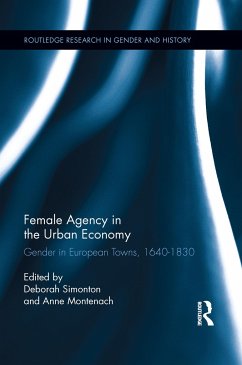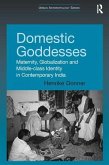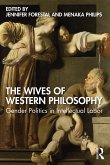This innovative new book is overtly and explicitly about female agency in eighteenth-century European towns. However, it positions female activity and decisions unequivocally in an urban world of institutions, laws, regulations, customs and ideologies. Gender politics complicated and shaped the day-to-day experiences of working women. Town rules and customs, as well as police and guilds' regulations, affected women's participation in the urban economy: most of the time, the formally recognized and legally accepted power of women - which is an essential component of female agency - was very limited. Yet these chapters draw attention to how women navigated these gendered terrains. As the book demonstrates, "exclusion" is too strong a word for the realities and pragmatism of women's everyday lives. Frequently guild and corporate regulations were more about situating women and regulating their activities, rather than preventing them from operating in the urban economy. Similarly corporate structures, which were under stress, found flexible strategies to incorporate women who through their own initiative and activities put pressure on the systems. Women could benefit from the contradictions between moral and social unwritten norms and economic regulations, and could take advantage of the tolerance or complicity of urban authorities towards illicit practices. Women with a grasp of their rights and privileges could defend themselves and exploit legal systems with its loopholes and contradictions to achieve economic independence and power.
Hinweis: Dieser Artikel kann nur an eine deutsche Lieferadresse ausgeliefert werden.
Hinweis: Dieser Artikel kann nur an eine deutsche Lieferadresse ausgeliefert werden.








